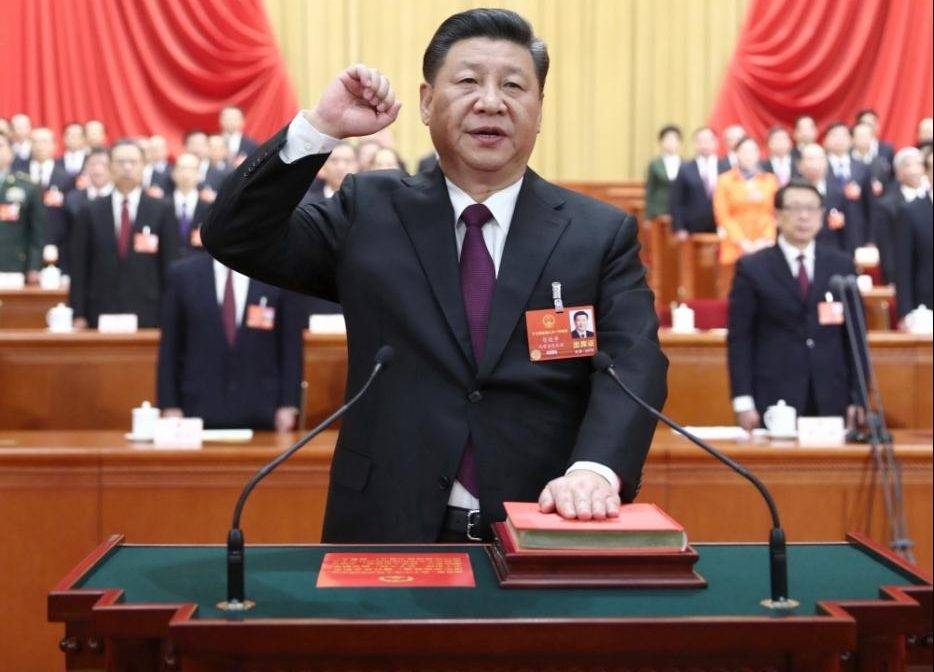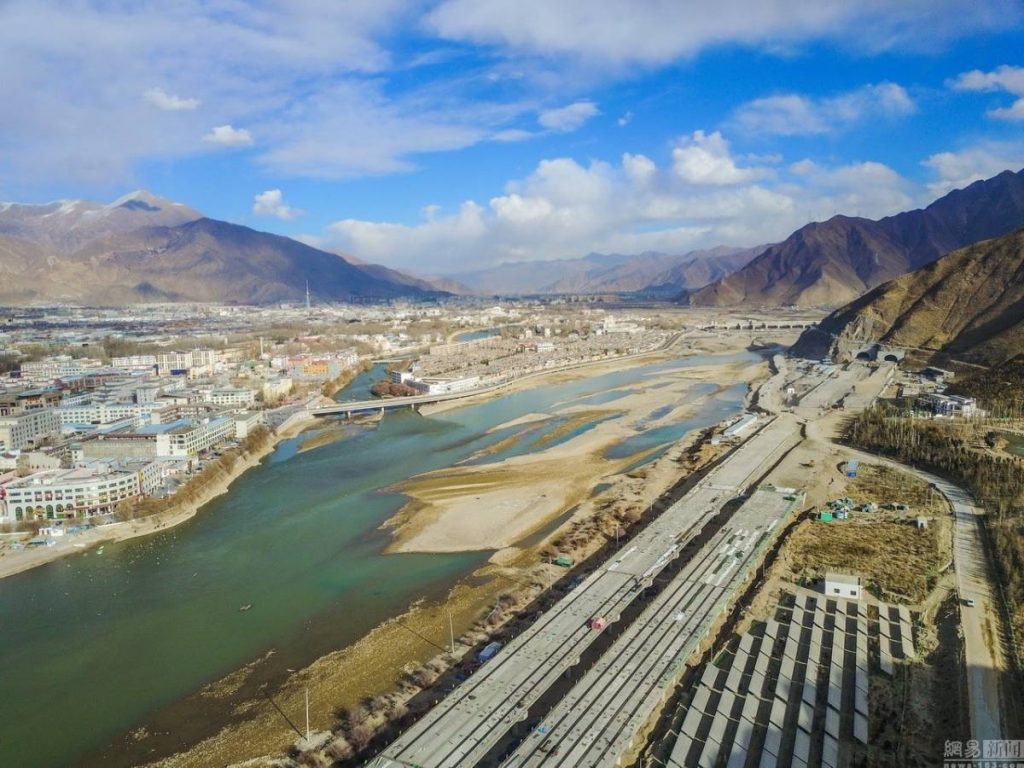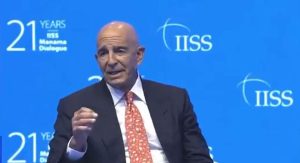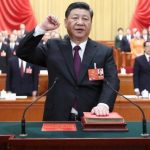Xi Jinping was elected President of the People’s Republic of China on March 14th, 2013….reports Asian Lite News
Xi Jinping since his ascendency as President of the People’s Republic of China has resolved to strengthen the Chinese Communist Party (CCP), but critics say he made himself its biggest threat.
Xi Jinping was elected President of the People’s Republic of China on March 14th, 2013.
As General Secretary, Xi has returned the CCP to the centre of Chinese life. Citizens celebrate the party’s much-edited history en masse at packed Red tourism sites, its founder Mao Zedong enjoys a new reverence, and once-dormant grassroots party cells have been revitalised, reported CNN.
Now experts in elite Chinese politics are warning that in trying to revitalise the CCP, Xi conflated himself with the party so totally he created another threat to its existence: himself.
He has axed the two-term limit on the Chinese presidency, introduced in 1982 to prevent the rise of a dictatorship, accumulated more titles than any CCP leader in recent decades, and created his own eponymous ideology, instilled in the party constitution.
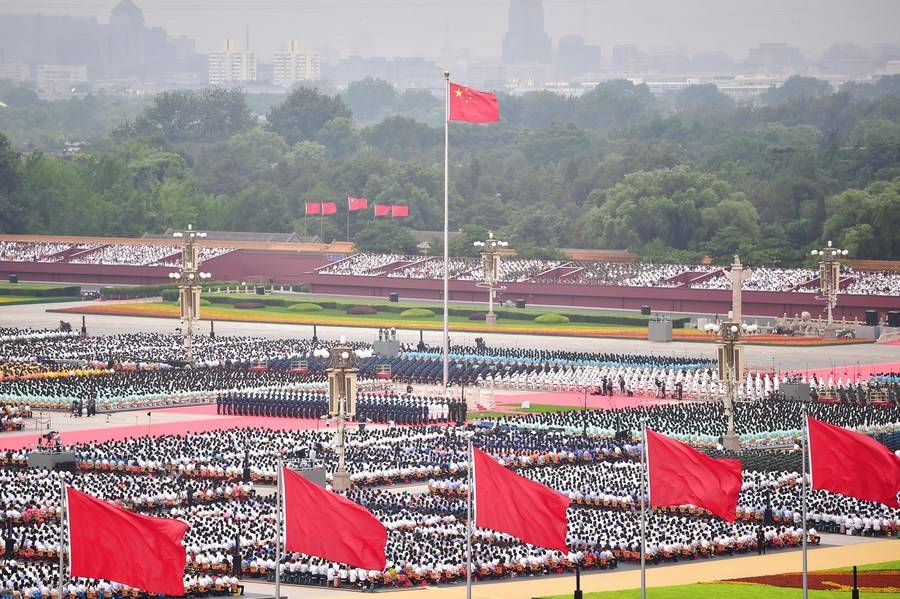
Xi while moving to consolidate the party’s power, took great lengths to guarantee his own, reported CNN.
Soon after he came into office, Xi unleashed a sweeping anti-corruption campaign, which not only targeted corrupt officials, but also his political enemies.
He oversaw the spectacular downfall of powerful figures such as Zhou Yongkang, a former Politburo Standing Committee member and security czar who was jailed for life, and Xu Caihou, a top army general who died of cancer after being expelled from the party.
ALSO READ: Tibetan Prez thanks US for concerns over China’s abuses
In less than nine years, 392 senior officials and millions of party cadres have been investigated. Those lefts knew total loyalty was required for survival.
To further concentrate power into his own hands, Xi set up more than a dozen “central leading groups” to oversee important policy areas, including military reform, cybersecurity, finance and foreign policy.
In 2015, he silenced internal dissent. A revised version of the party’s disciplinary regulations banned “groundless criticism of the party centre’s decisions and policies.” A year later, Xi was anointed with the title of “core” leader, putting him on par with past strongmen like Mao and Deng.
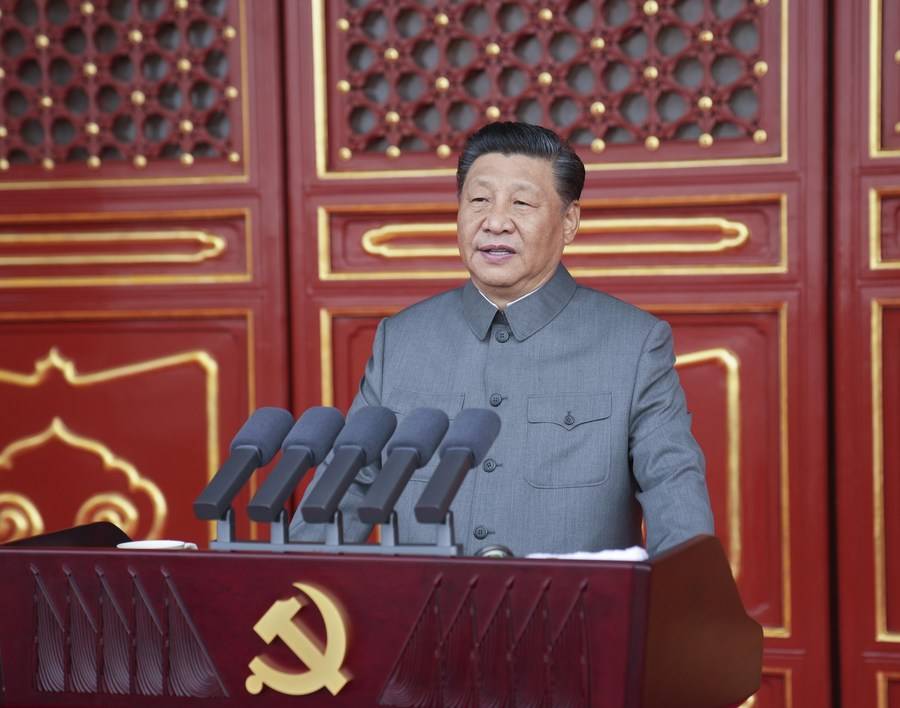
“The party’s collective leadership has become a concept in name only, and Xi has become the personification of the party centre,” Cai said.
Concentrating so much power around Xi comes with another problem — it leaves little space in which to groom a successor, reported CNN.
Xi hasn’t just failed to appoint a successor. Experts said he has almost completely dismantled the system of succession put in place after Mao’s death to ensure the party’s longevity.
In 2018, the CCP removed all term limits on the country’s presidency, allowing Xi to rule for life if he wanted to. The CCP said the move was necessary to bring the three most powerful positions in China into alignment — CCP general secretary and the chair of the Central Military Commission, also titles held by Xi, are not subject to term limits.
In a report for the Lowy Institute in April, China politics experts Richard McGregor and Jude Blanchette said Xi had built his own power “at the expense of the most important political reform of the last four decades: the regular and peaceful transfer of power,” reported CNN.
Xi’s bullish policies aren’t just weakening the party internally — they are compromising its standing internationally. Recent surveys from around the world have shown China’s reputation is at its lowest point in decades, reported CNN.
A Pew survey published in October 2020 found negative attitudes towards China have soared over the past few years in multiple European, Asian and North American countries, partly due to its handling of the Covid-19 pandemic.
A new generation of diplomats, nicknamed “wolf warriors” after a patriotic Chinese film series of the same name, are driving this foreign policy, fiercely responding to any perceived slight against the party and its leadership, CNN reported.
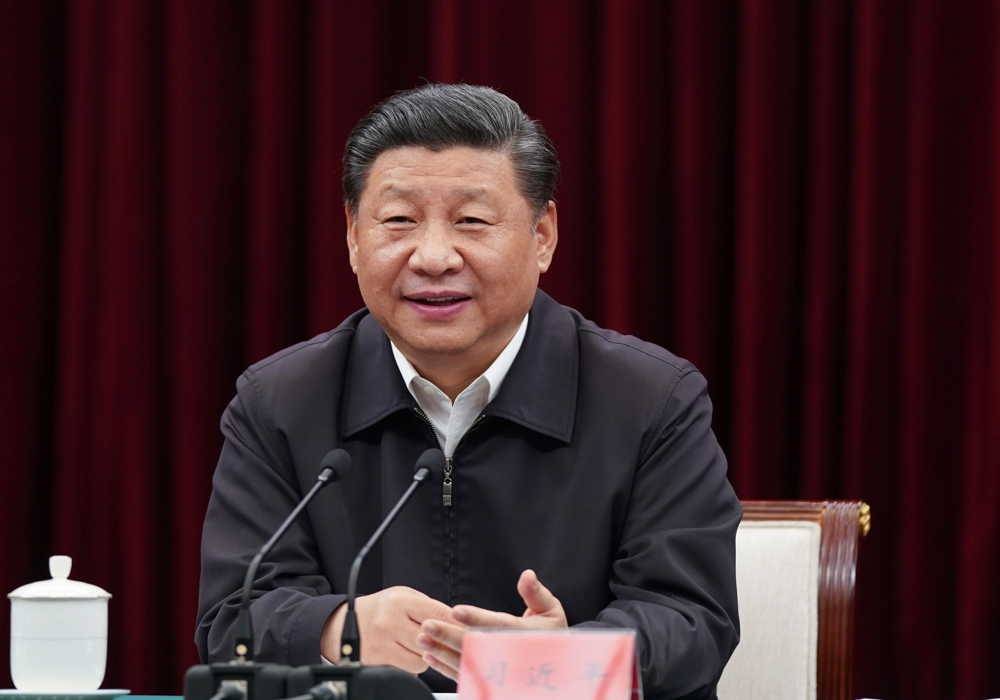
Xi himself has embraced that style. In his speech marking the 100th anniversary of the CCP this month, he warned any foreign countries who tried to bully China “will find their heads bashed bloody against a great wall of steel.”
At the G7 meeting in June, the world’s largest advanced economies issued their strongest denunciation of China in decades. A major investment deal between the European Union and China is at risk after sanctions imposed by Beijing on EU officials.
Australia is calling for investigations into Beijing’s handling of the Covid-19 pandemic, and India is banning Chinese apps over security concerns and sending troops to its shared border with China.
The longer Xi stays in power, the harder it will be for him to stand down, says CNN.
For now, the CCP might not be at immediate risk of collapsing or losing its grip on power, in the same way, the Communist Party of the Soviet Union came crashing down in 1990.
As per CNN, but experts said Xi’s policies threatened to leave future leaders less prepared to tackle the rising problems facing China, such as slowing economic growth, a falling birth rate and strategic competition with the US. (ANI)

